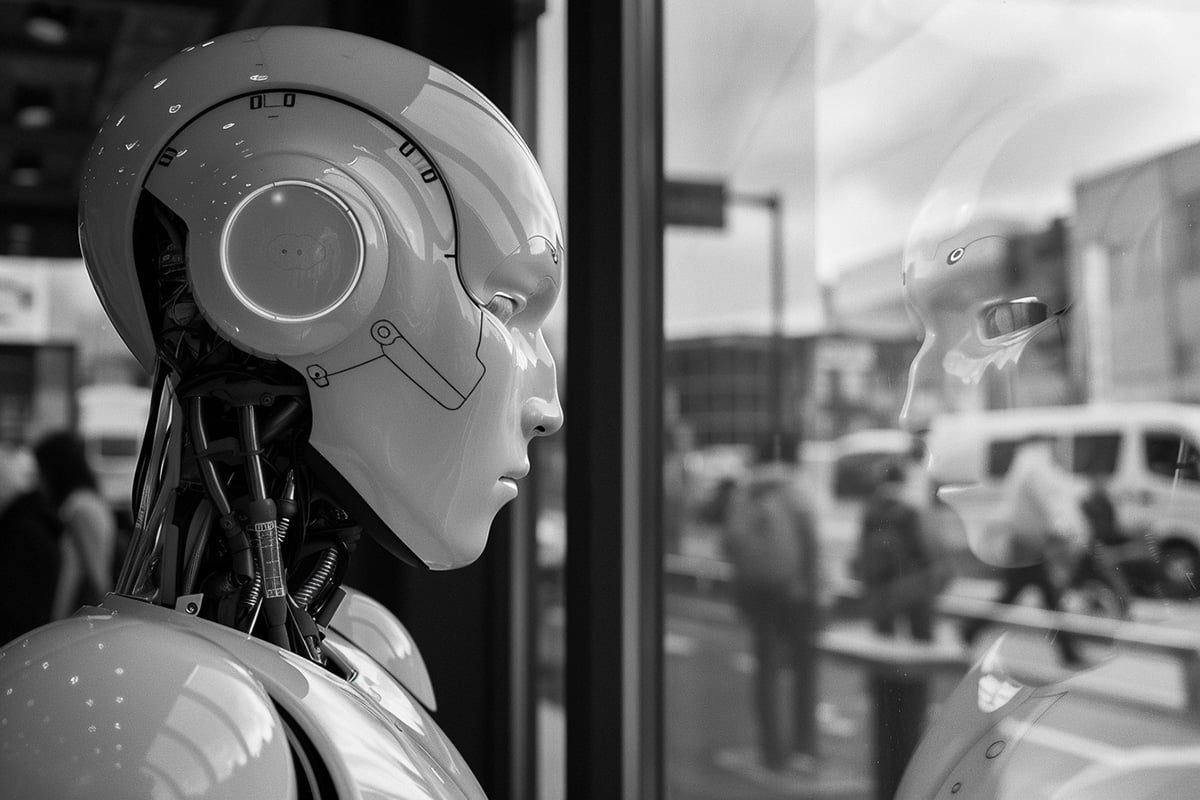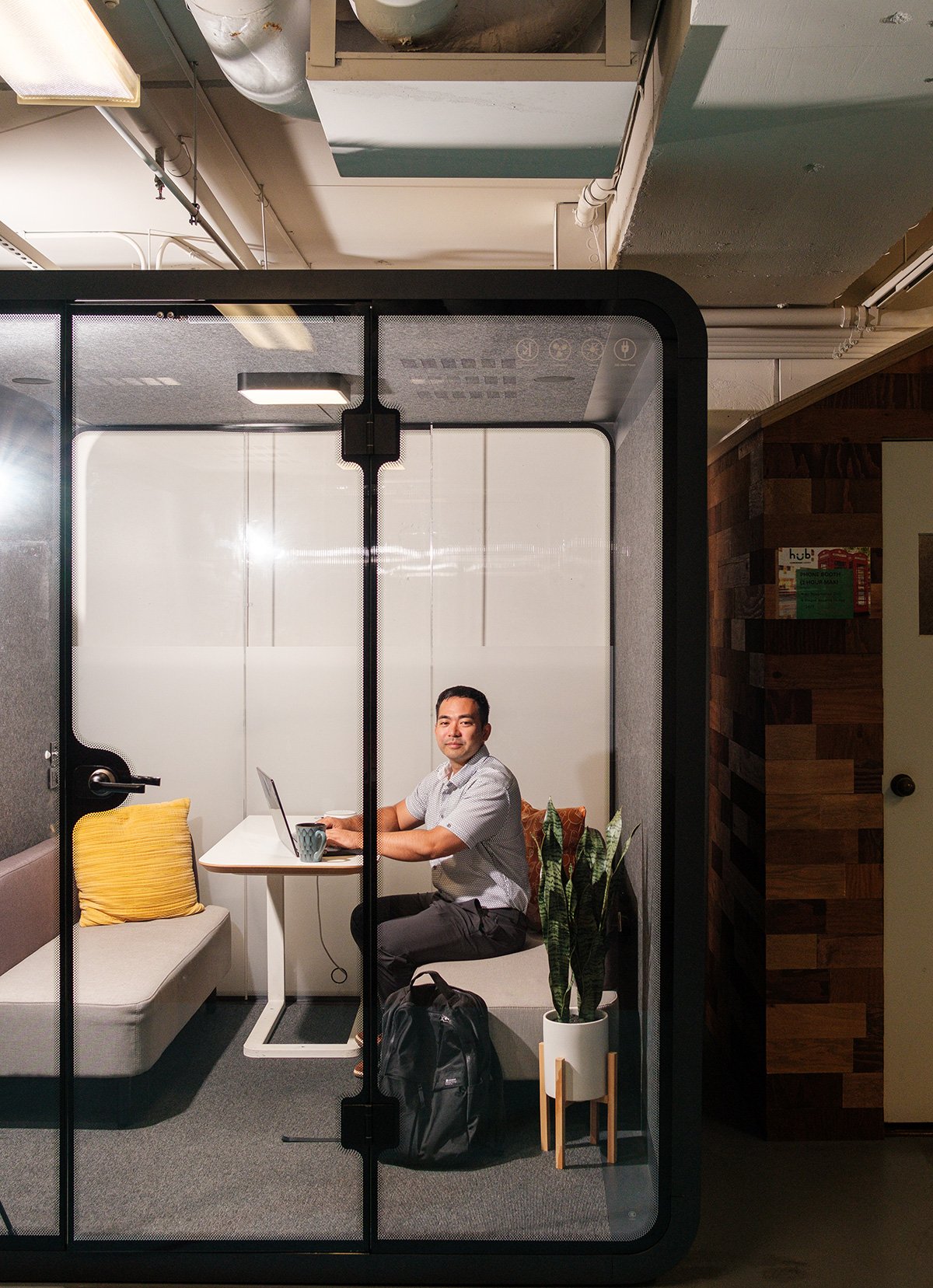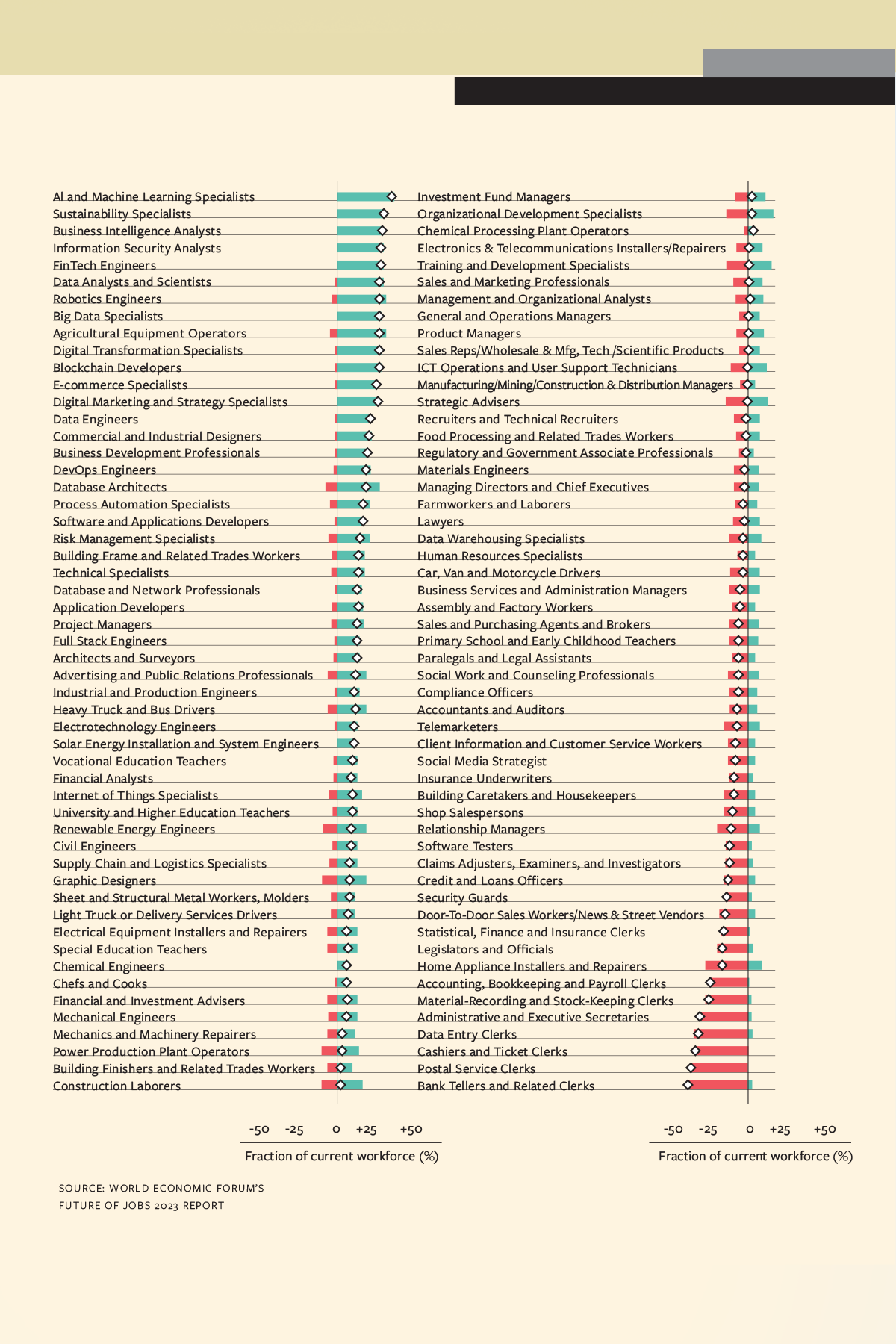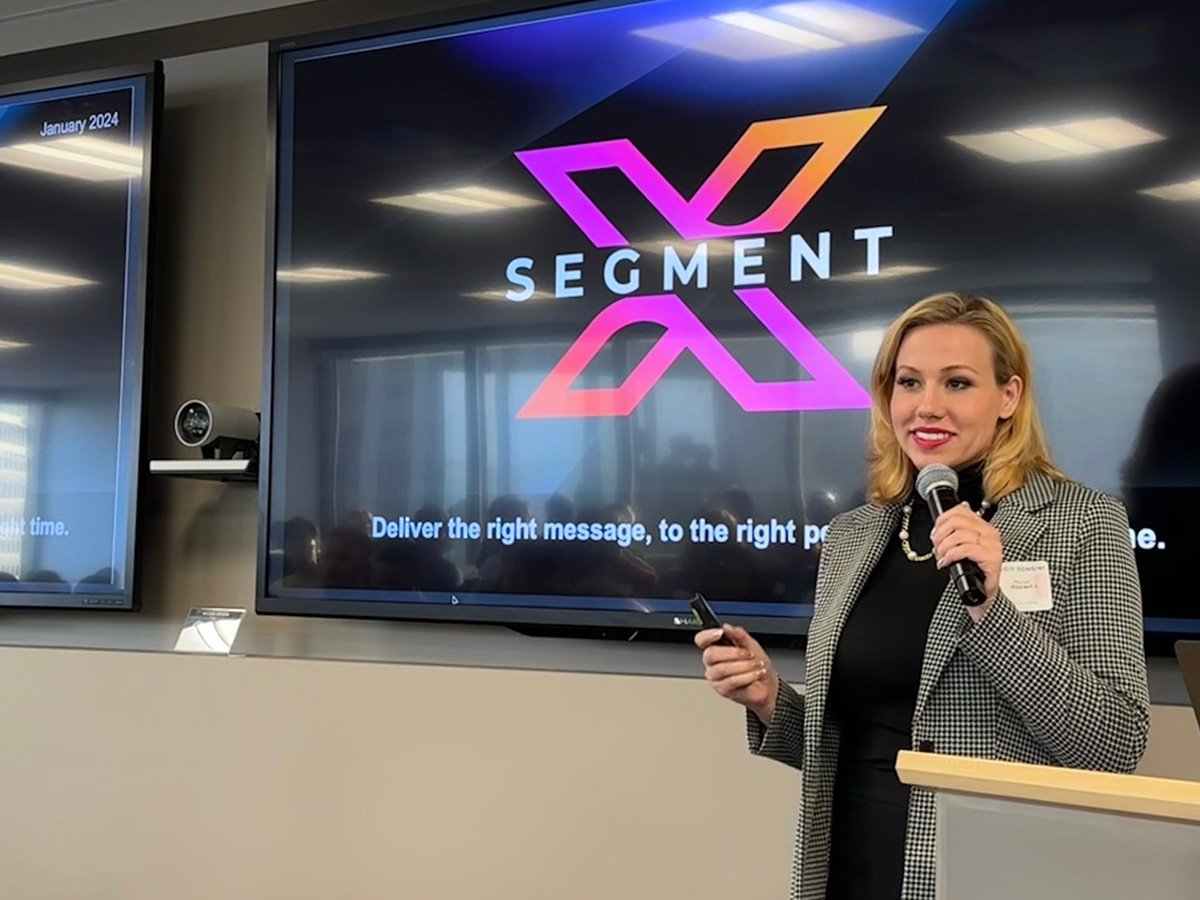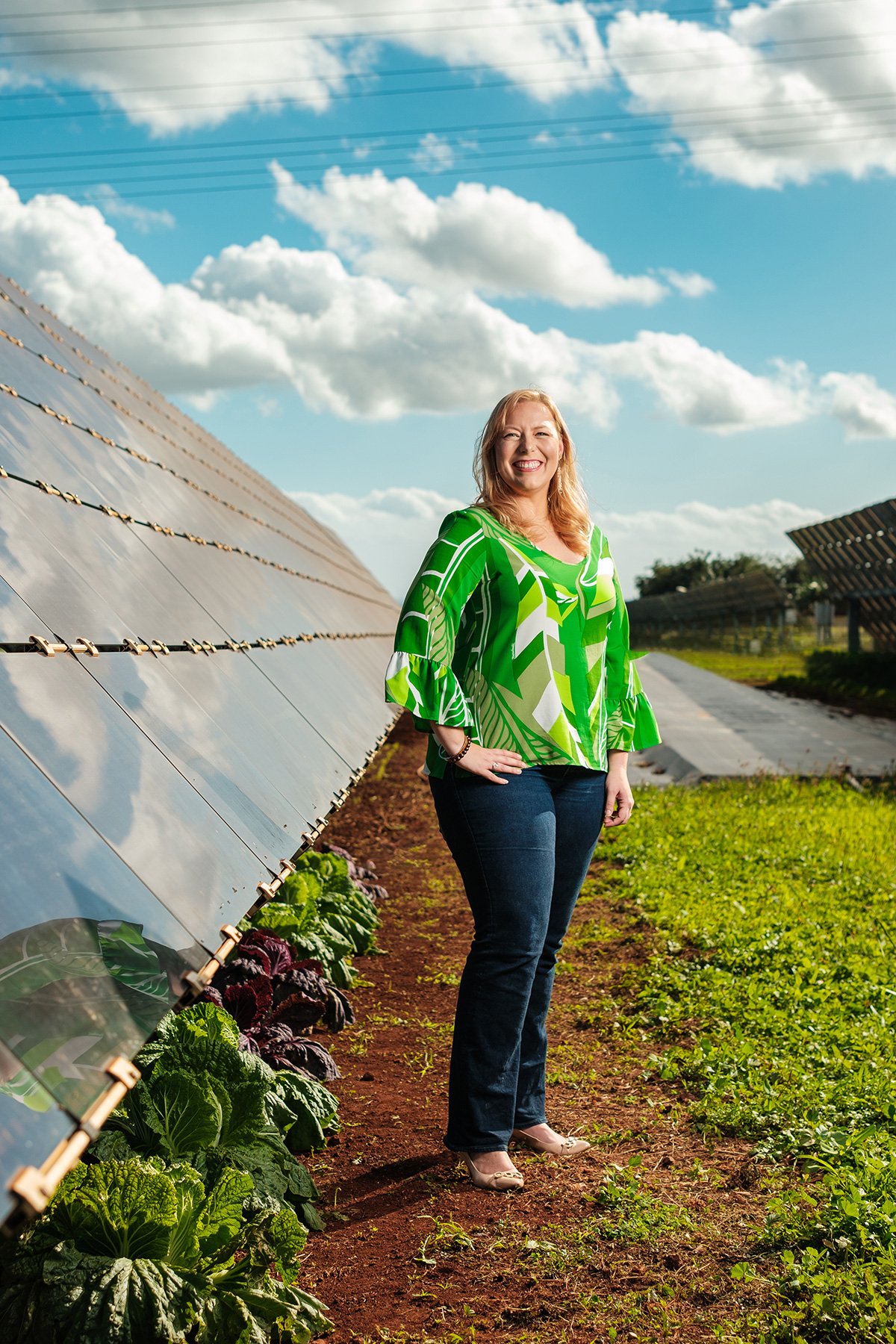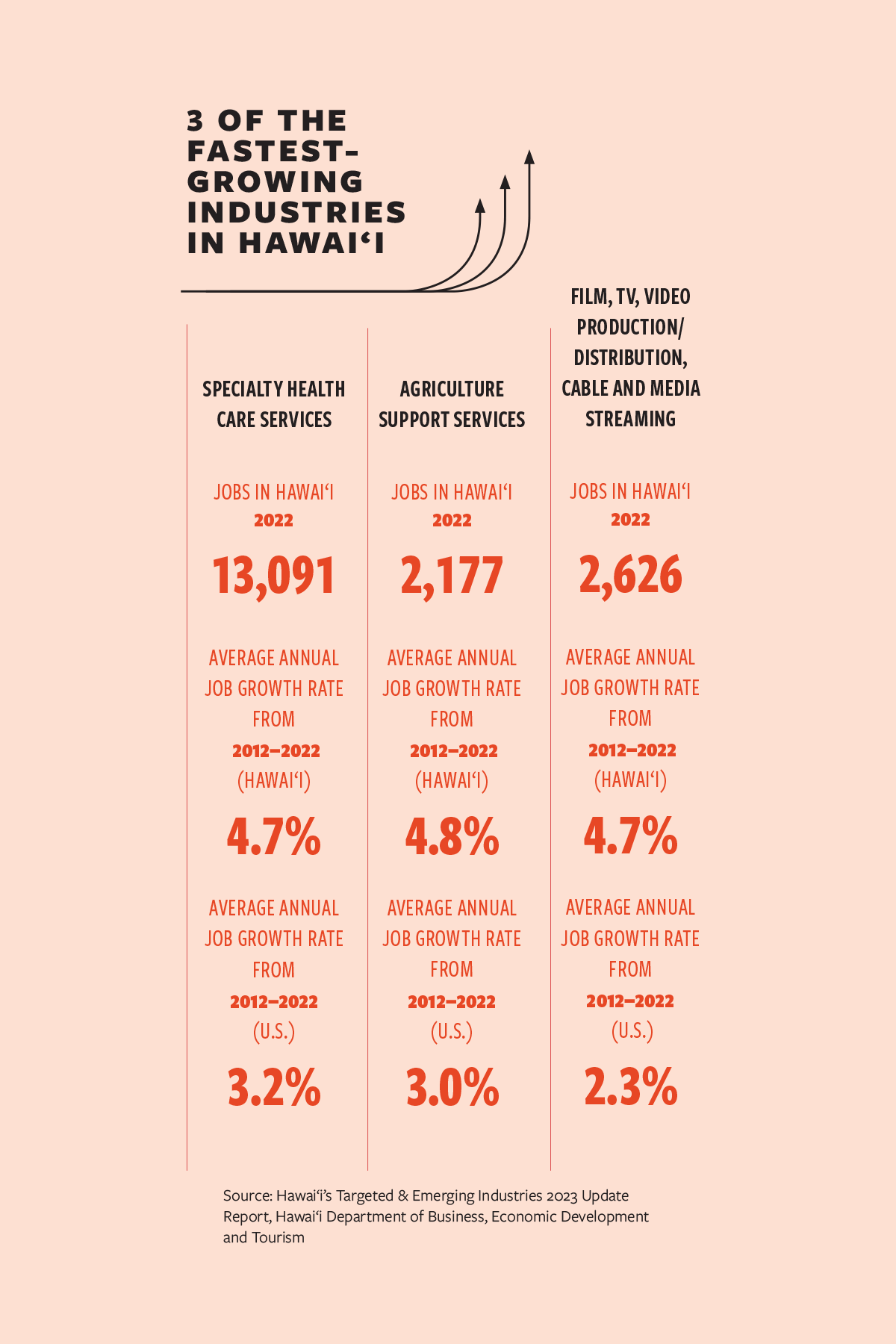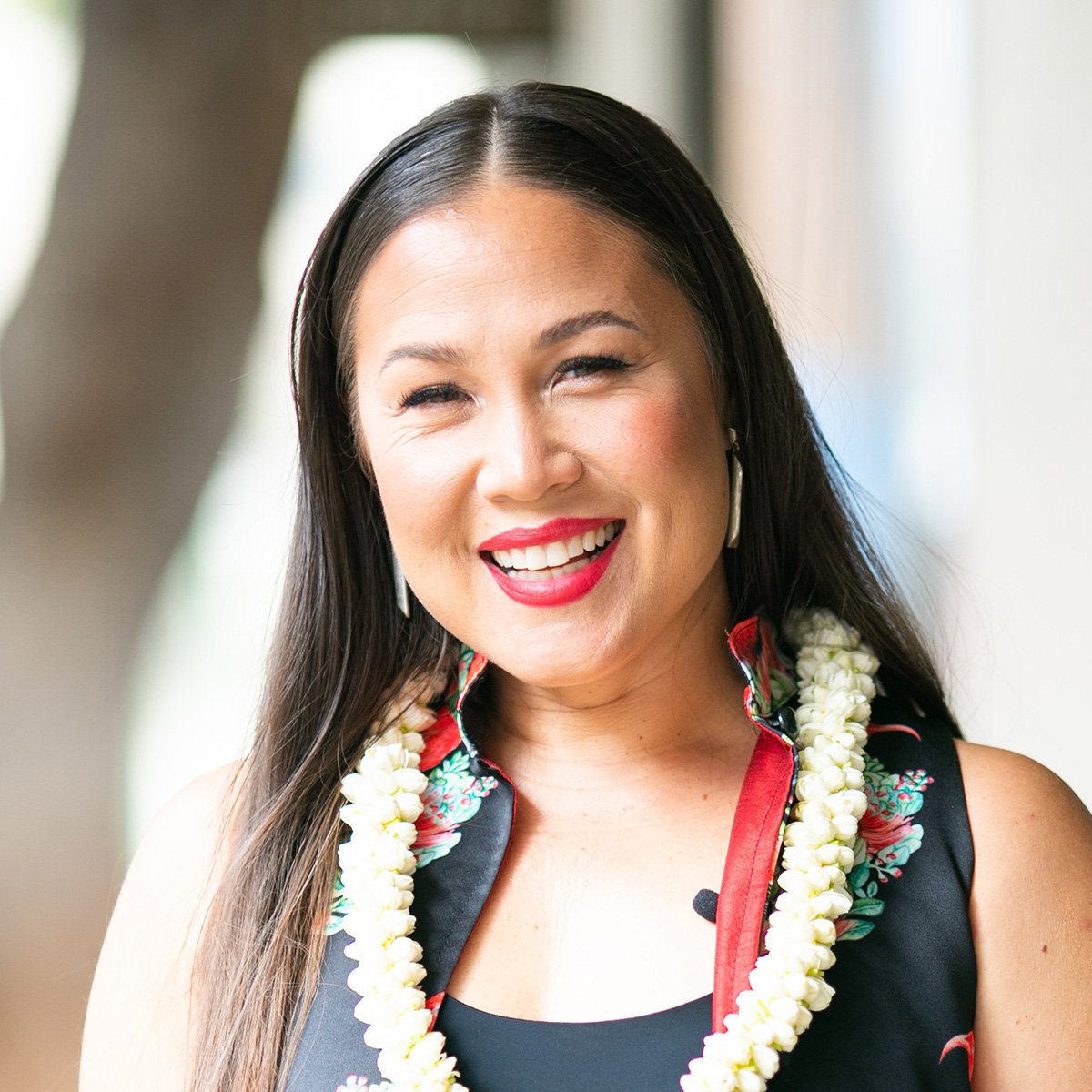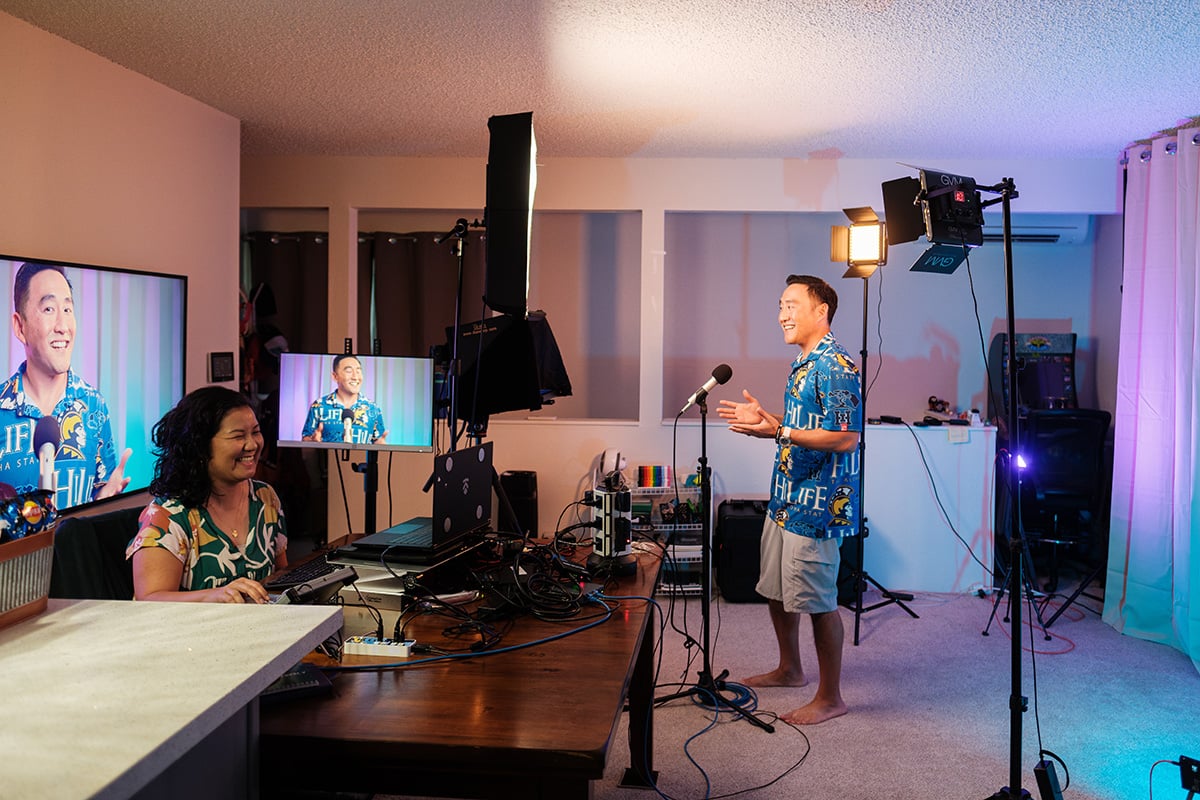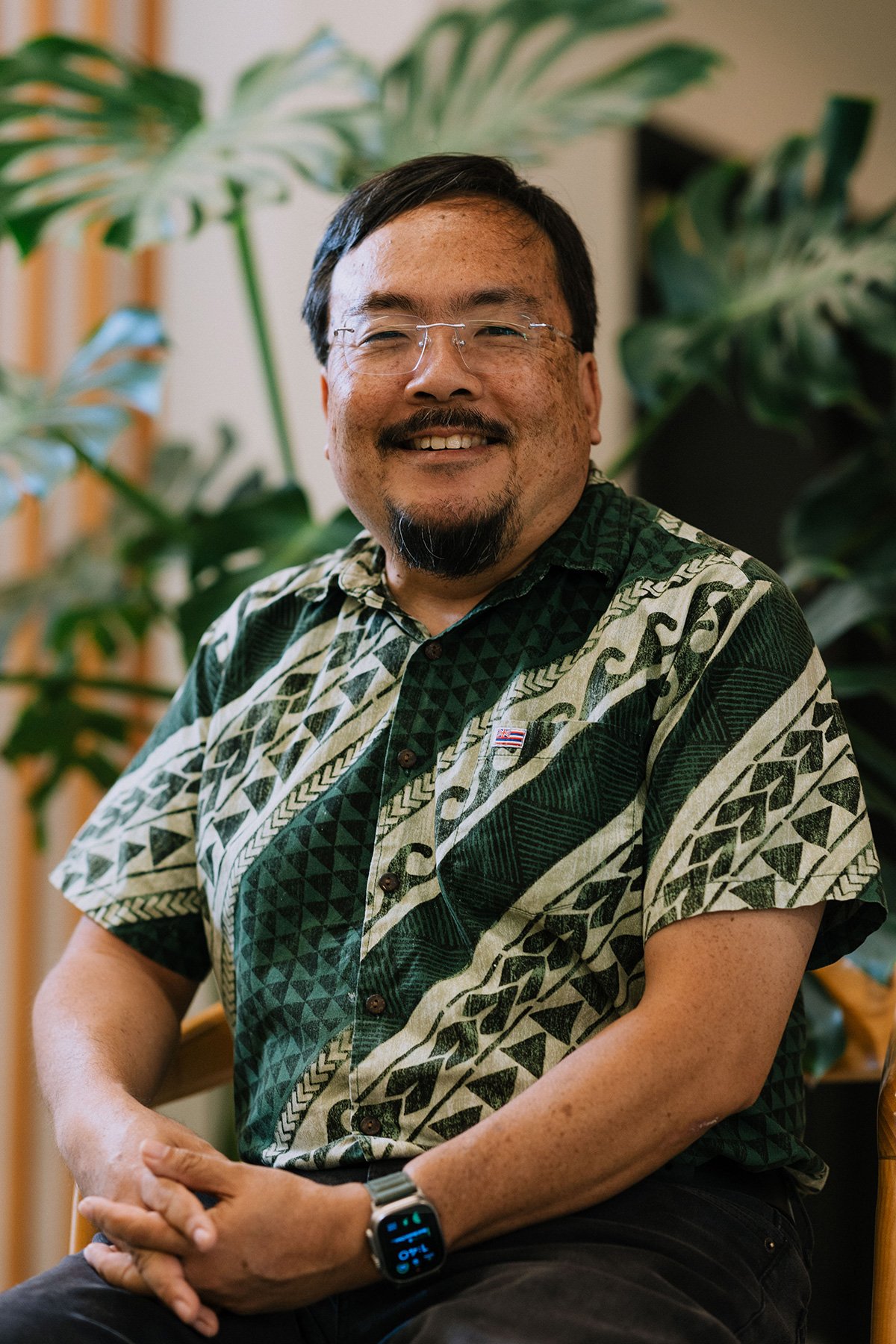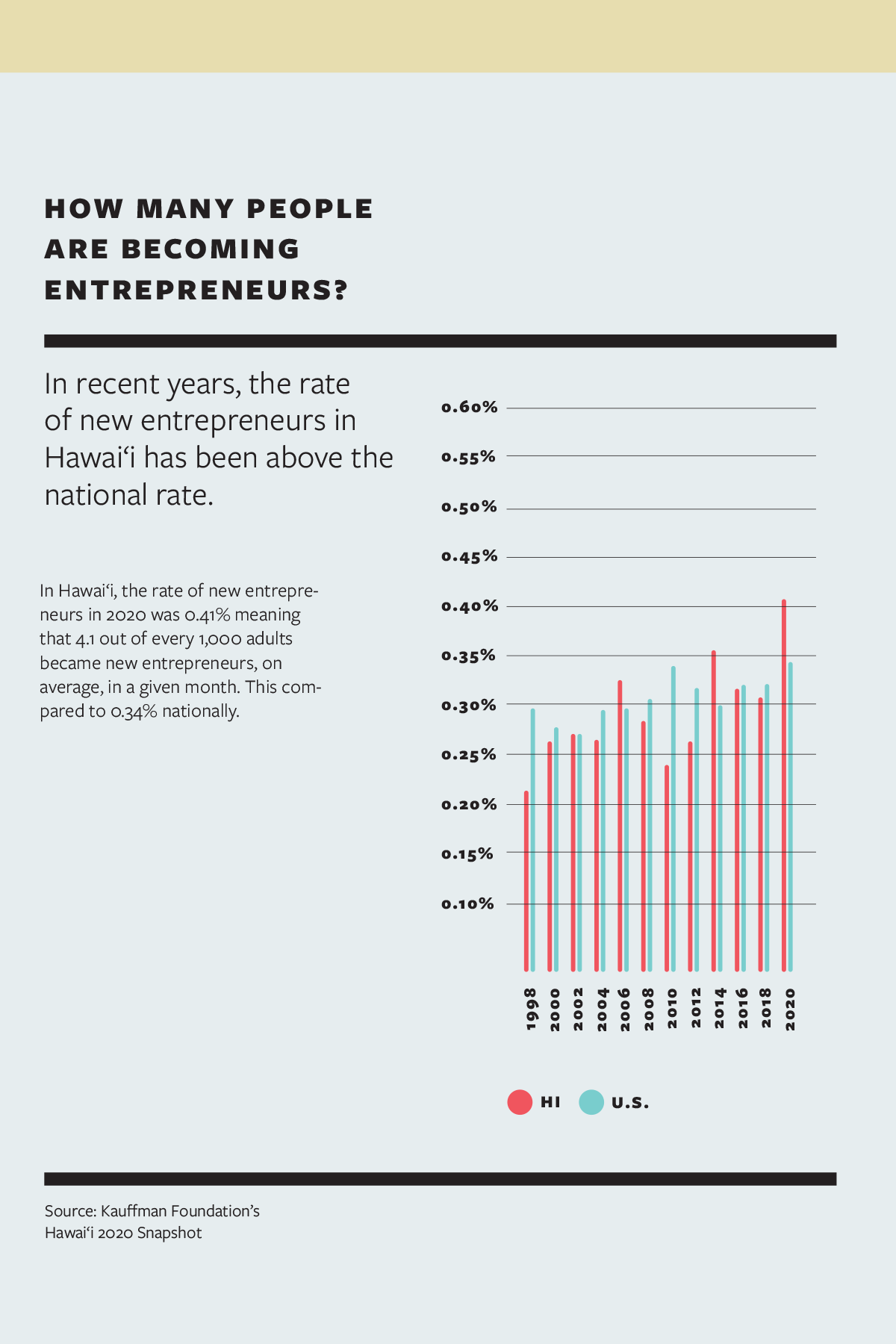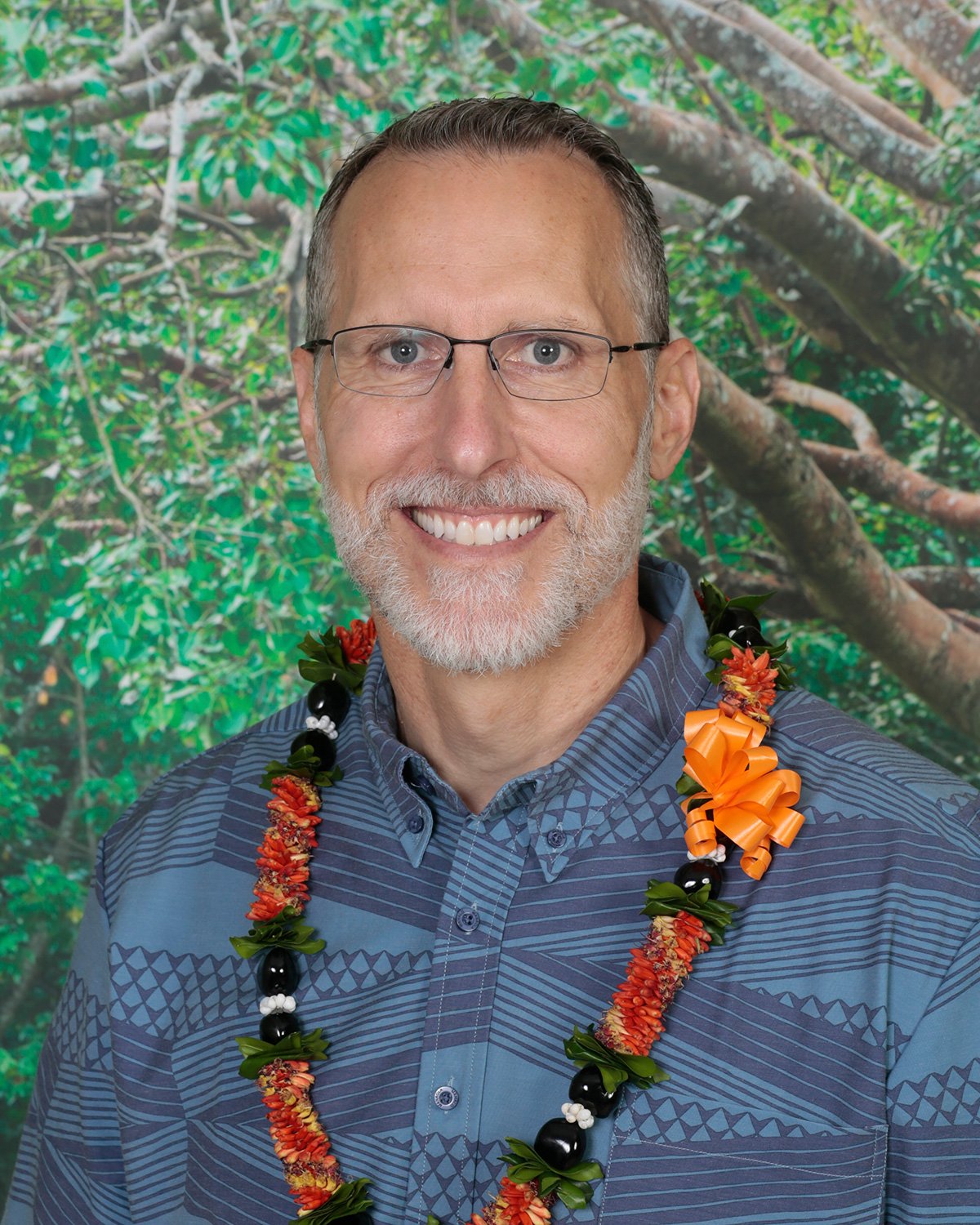I became interested in AI because it has huge potential to be applicable in any area of business. A lot of businesses are looking to add some kind of AI component, both tech companies and not. People want AI that’s customized to their own business use case, and there are a lot of opportunities to provide that. I think a lot of jobs will open up.
The best way to get an AI job or gain skills is to dive into projects and see how AI can be applied. So if you’re interested in medicine, there are numerous applications of how it can be applied to medicine. That’s the best way to catch the eyes of employers. You can even start your own company. AI jobs are paying on par with software engineering, but a lot of the jobs are still elsewhere. There’s a huge opportunity though to have more jobs in Hawai‘i, and I think there’s going to be a growing demand.
We have about 300 members of our AI group right now, and maybe 20–40 people attend our meetings. We discuss a different topic each month, and the primary objective is literacy. We talk about different AI tools, how they can augment productivity and how to use them safely because there’s a big discussion around ethics and safety.
People should know about AI’s strengths and weaknesses. There’s a lot of talk about replacing people with AI, but I don’t think it’s quite at the level to replace humans, and I personally think it’s not going to happen soon. There are problems, weaknesses and a lot of breakthroughs that need to happen to get to that level. I think it’s going to be more of a tool for augmentation, making people more productive, saving time and creating efficiencies.
